US to press Iran for direct nuclear talks
The Trump administration is seeking direct talks between senior officials on both sides and wants to avoid a situation in which negotiators are on different floors of the same hotel passing messages back and forth, for months or years on end.
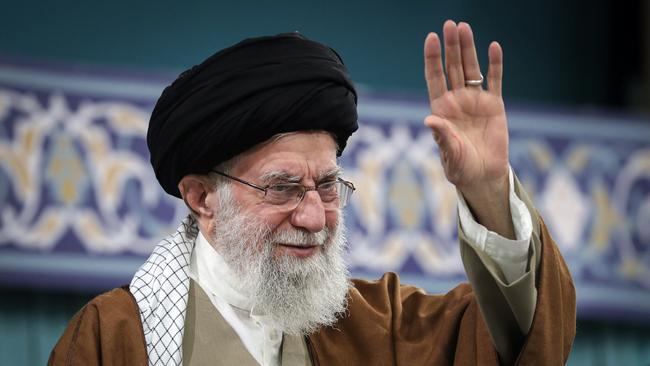
The US is pressing to hold direct nuclear talks with Iran, US officials say, as the Trump administration seeks an ambitious goal: dismantling Tehran’s nuclear program.
If Iran agreed to engage, the talks would be the first sustained direct negotiations between the two countries since President Trump withdrew from the previous nuclear agreement in 2018. And the Trump administration is seeking to go far beyond what was achieved in that deal, negotiated by the Obama administration, on an accelerated timetable.
It is likely to be a tall order. Tehran has for decades refused to abandon its nuclear program, insisting it has a right to enrich uranium for what it says are peaceful purposes. After years of negotiations, the US agreement that Tehran could continue significant uranium enrichment was key to unlocking the 2015 nuclear deal.
That wouldn’t suffice this time, according to a senior administration official, who said the US would be aiming to eliminate the program.
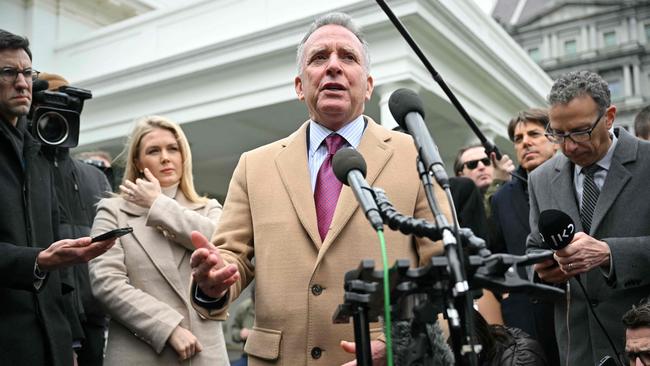
Speaking late Thursday, Trump told reporters that it would be better to have direct talks. “I think it goes faster, and you understand the other side a lot better, than if you go through intermediaries,” he said. “I know for a fact that I think they would like to have direct talks.”
Iranian officials didn’t immediately respond to a request for comment Friday.
Iran’s leadership told Trump in a letter last week that it was open to indirect talks, which would be mediated by another country, according to Iranian officials. A top adviser to Iranian Supreme Leader Ayatollah Ali Khamenei signalled that Tehran may be open to direct negotiations with Washington at a future point.
The US senior official said the Trump administration is seeking direct talks between senior officials on both sides and wants to avoid a situation in which negotiators are on different floors of the same hotel passing messages back and forth, for months or years on end. US officials held indirect talks with their Iranian counterparts during the Biden administration after Tehran baulked at direct face-to-face meetings.
The Trump administration’s special envoy for the Middle East, Steve Witkoff, is likely to be a part of the negotiating effort, though no negotiating team or venue has been announced.
Iran’s supply of fissile material is growing rapidly. It would take just a week or two to have enough weapons-grade fissile material for a nuclear weapon. US intelligence told Congress last week that Khamenei hadn’t made a decision to assemble a nuclear device, although they assessed that pressure is probably building on him to do so.
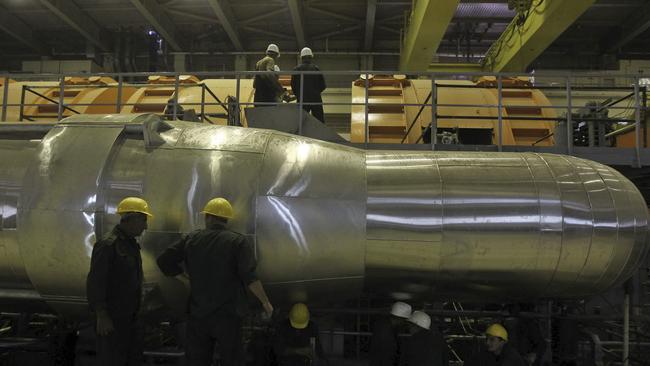
Trump has said that he wants a diplomatic solution but has threatened in recent days to bomb Iran if it doesn’t negotiate a deal to roll back its nuclear programs. Last month, Trump sent a letter to Khamenei, saying there would be a two-month deadline for reaching a deal, according to two people briefed on the contents.
The US has ramped up military pressure as it makes the diplomatic push. The Pentagon is expanding the US military presence in the Middle East, deploying two carrier strike groups in the region, along with F-35 combat jets, B-2 bombers and Patriot air defences.
The US said the moves aren’t preparations for an imminent strike on Iran but rather to support the US campaign against one of Tehran’s allies in the region, the Houthis in Yemen. The White House has warned that it will hold Iran accountable if the Houthis fire on US forces.
Israel has wiped out much of Iran’s air defences in recent strikes in retaliation for Tehran’s missile barrages, and battered Iran’s allied militias in the region that in the past were a deterrent to Israeli military options. That has weakened Iran, and some believe might have created the conditions to get Iran to agree to concessions on its nuclear program.
“With Iran reeling from Israeli military strikes and a domestic economy, Trump senses an opportunity to pile further pressure on Iran’s leadership in hopes that it will come to see a new deal with the US as the only way out,” said Michael Singh, a former National Security Council official for the Middle East.
But Iran has leverage of its own. Officials and experts believe Tehran is closer than ever to being able to build a nuclear weapon — likely only months away if it were to proceed. Iran is also producing around one nuclear weapon’s worth of highly enriched uranium a month, which it could quickly turn into weapons-grade fuel for a bomb.
Singh warned that the two-month deadline Trump put in his letter to Iran creates pressure for Washington, as well as Tehran. The Trump administration “may shortly find itself facing a decision on military action it surely hopes to defer,” he said.
It isn’t clear when the starting point for the two-month deadline, which was earlier reported by Axios, is supposed to be.
Israel’s leadership has long vowed to take military action to stop Iran from developing a nuclear weapon. Israeli Prime Minister Benjamin Netanyahu said in February that under Trump’s leadership he had “no doubt that we can and will finish the job” against Iran.
While Israeli officials have always preferred a co-ordinated attack with US forces against Iran’s nuclear sites, there is growing confidence in Israel that with Iran weakened militarily, Israel could directly strike Iran’s nuclear facilities.
A former US defence official said that a concerted US and Israel air campaign could seriously damage Iran’s nuclear facilities, but would likely need to be repeated in nine months or a year if Tehran sought to rebuild the program. Iranian officials have warned that, if attacked, they could kick out international inspectors and pursue a program covertly.
A major concern for the US has long been that Iran might respond to an attack by firing missiles at Gulf states and attacking the oil trade in the Gulf. That would put a premium on US missile defence and operations to protect the sea lanes.
Senior US officials have publicly laid out tough terms for a deal. US national security adviser Mike Waltz has said Iran should abandon all aspects of its program — the enrichment of uranium, strategic ballistic-missile build-up and work on building a nuclear weapon.
For two decades, Iran has depicted its nuclear work as a central achievement of the regime and has refused to dismantle it despite widespread diplomatic pressure and international sanctions. Iran has also repeatedly said it would never negotiate on its ballistic-missile program, which it sees as vital to its defence and ability to deter Israel and other foes.
Iran has lots of experience using talks to defuse pressure and keep its nuclear program intact. The Iranians will try to avoid putting themselves in a position in which they have to make a yes-or-no decision, said Richard Nephew, a senior official in negotiations with Iran under the Biden and Obama administrations. “They are always going to want to find a third way that buys time and space,” he said.
If Iran sticks to its traditional red lines, that could swiftly force Washington to make a difficult choice about how to react and whether to continue negotiations.
“If any vicious act is committed against Iran, they’ll receive a strong reciprocal blow,” Khamenei said Monday.
Iranian officials say they are primed to strike Israel and US forces in the region with the country’s still-large stockpile of ballistic missiles if they come under attack.
Wall Street Journal


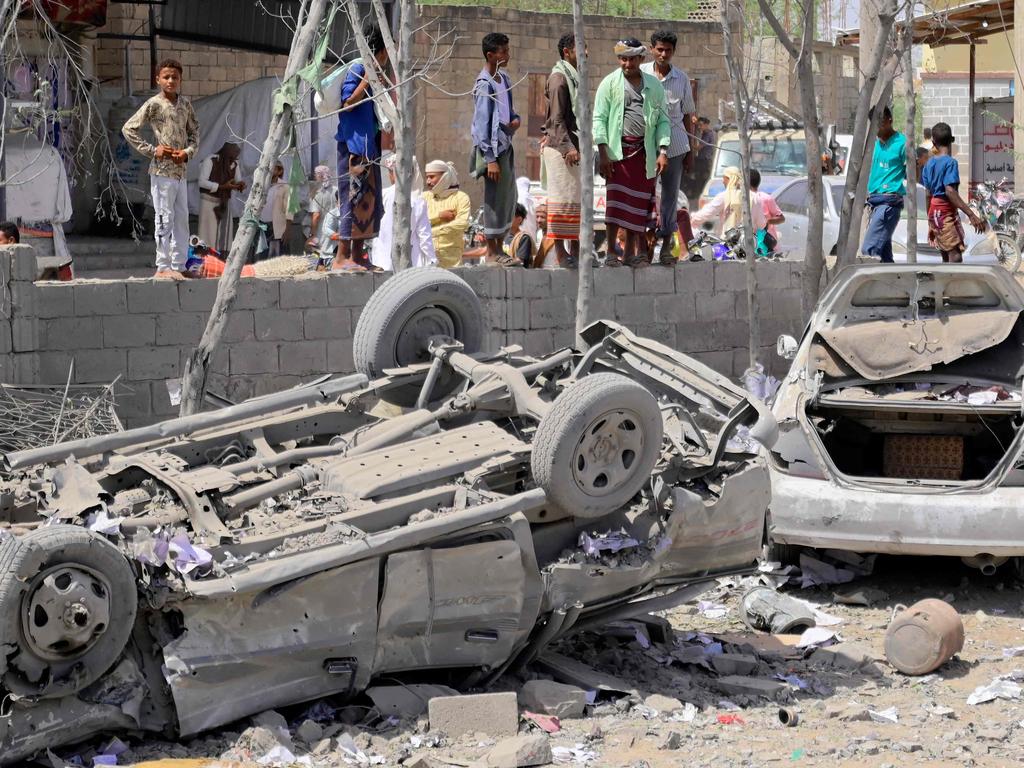
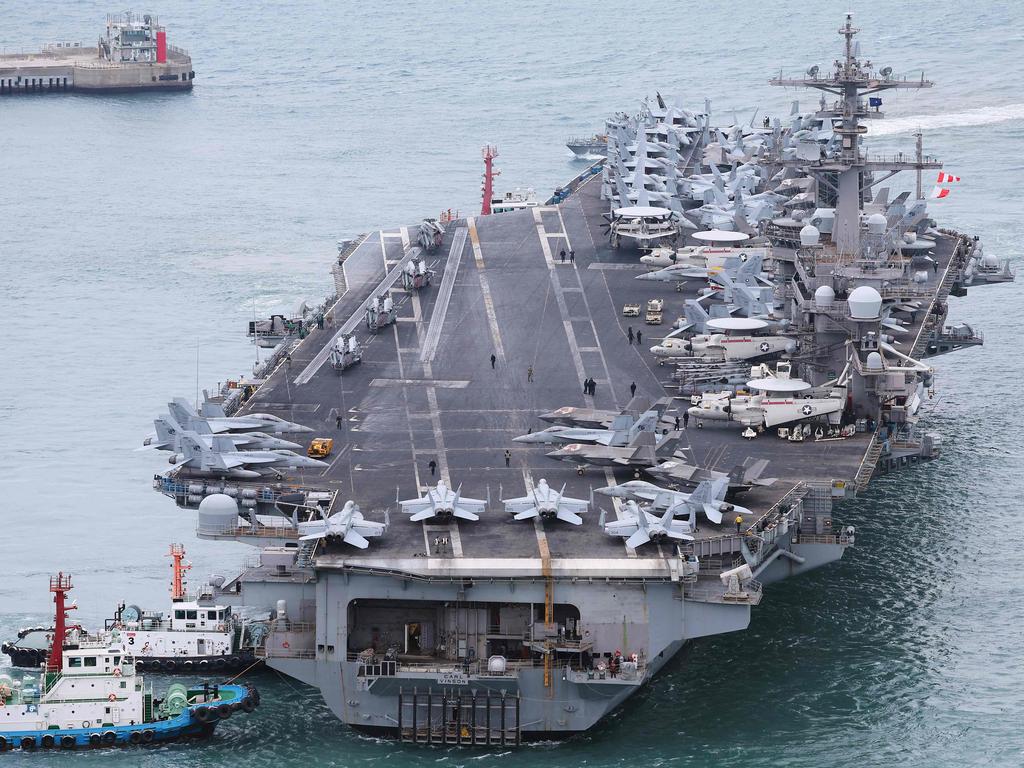
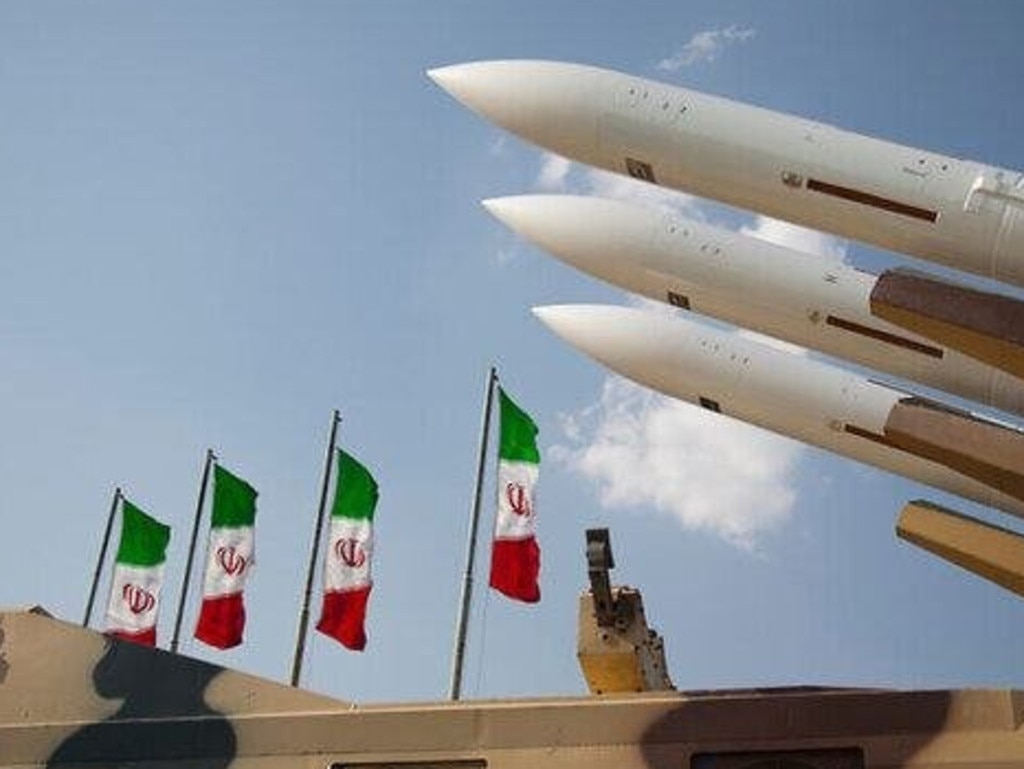


To join the conversation, please log in. Don't have an account? Register
Join the conversation, you are commenting as Logout